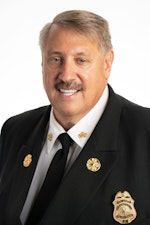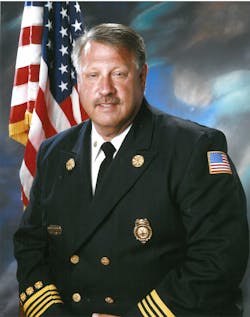Are you tired of hearing about the healthcare debate? I know I am. My impression of politics in Washington, D.C., these days is that the Republicans buy three dozen eggs every morning, the Democrats buy their three dozen eggs every morning, and the news media buys their three dozen eggs every morning. Then the rest of the day is spent by everyone throwing eggs at each other.
The cost issue
The whole debate about repealing the Affordable Care Act (ACA, aka Obamacare) and replacing it with something else is just another mistake. I am not saying the ACA was right either. When anyone in Washington, D.C., talks about healthcare reform, it’s not about what care you need and how you are going to get it; it’s about how are we going to pay for it. They should call it insurance reform.
If they wanted to truly talk about healthcare reform, we would look at the entire healthcare system and ask how to make healthcare better. By reforming the system, maybe we can drive the cost of healthcare down? A good example is in our own backyard.
If you do not have insurance and call to make an appointment at a doctor’s office, they will not see you because you have no way to pay for it. So people who do not have insurance know that if they have a medical issue, they can go to an ER, because federal law mandates that if they show up to an ER, they are entitled to an assessment and any emergency treatment necessary. It is called the Emergency Medical Treatment and Active Labor Act (EMTALA). Now factor in that treatment in an ER is one of the most expensive forms of medical treatment you can receive for minor ailments.
This is where you and I come in. The only place an ambulance can transport someone who has called 9-1-1 is to an ER, that is, if you want to get paid by Medicare, Medicaid or private insurance. So people who have no insurance know they must go to an ER to be seen and treated because no doctor will see them in their office. They then call 9-1-1 because they know ambulances transport you to the ER and nowhere else.
Does it make sense that people who cannot pay take the most expensive transportation method to an ER where they will receive the most expensive treatment possible for a minor ailment? No, but that is how the system is currently designed. If Washington, D.C., wants to reform healthcare, this is one area where changes could be made. Further, if healthcare reform is really the goal, we should be looking at preventive measures instead of reactionary measures to drive down costs.
The average life expectancy of a male in the United States in 1850 was 38.3 years. By 1890, it was 42.5, and in 1910 it was 50.2. Today it is 78.94 years. Why has it increased over 100 percent in a little over 150 years? Preventive medicine and advances like antibiotics. Vaccines alone have contributed greatly to the life expectancy. What would happen if routine checkups, tests and examinations would become a part of healthcare reform?
According to the Centers for Disease Control and Prevention (CDC), 7 out of 10 deaths are attributed to a chronic disease. How many early deaths or healthcare costs can be eliminated by catching a disease early? How many hospitals stays can be eliminated? How many heart attacks or heart attack deaths can be caught before they happen with a routine screening of a stress test? I know several firefighters who underwent a stress test with their yearly physicals, and “widow-maker” blockages were caught before the unthinkable happened. A simple stent placed, and they were back on the job.
The right people?
I find it humorous that lawmakers in Washington, D.C., are the ones reforming healthcare. They don’t work in the healthcare system. It would be the equivalent of asking your butcher to fix your automobile. How can we ever expect our healthcare system to be fixed when it is being structured and reformed by people with no healthcare background and no knowledge of the issues?
Unfortunately, true healthcare reform does not appear to be anywhere on the horizon anytime soon.

Gary Ludwig
GARY LUDWIG has served in three fire departments over his career: St. Louis, Memphis, and Champaign, IL. His fire, EMS and rescue career spanned a total of 46 years, and he has been a paramedic for over 44 years. Ludwig served as president of the International Association of Fire Chiefs in 2019-20. He has a Master’s degree in Business and Management, has written over 500 articles for professional fire and EMS publications and is the author of seven books.
Connect with Gary
Email: [email protected]
Facebook: Gary Ludwig
Twitter: @ChiefGaryLudwig
Website: garyludwig.com






